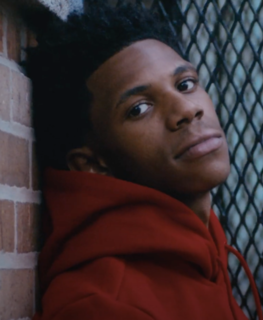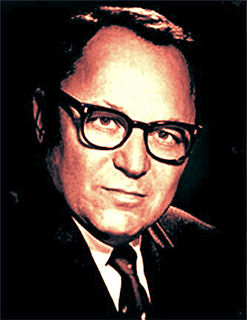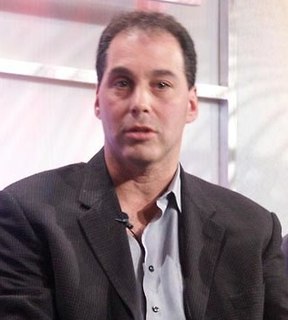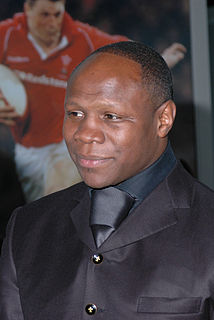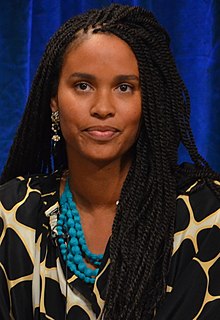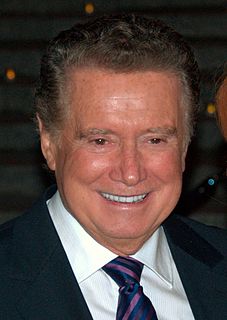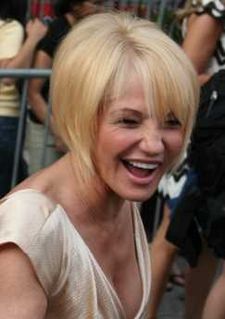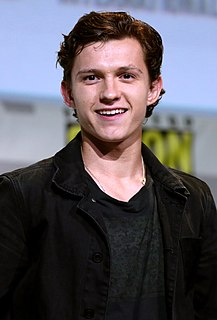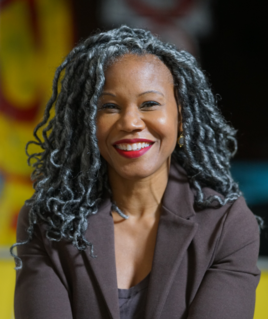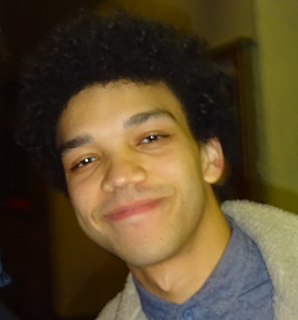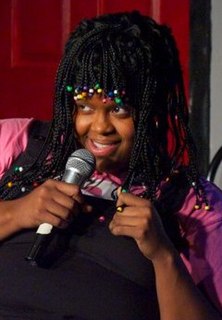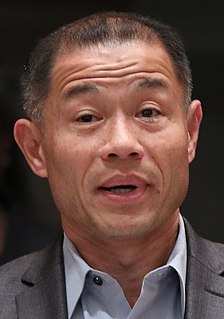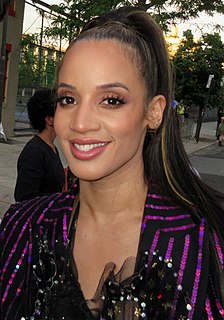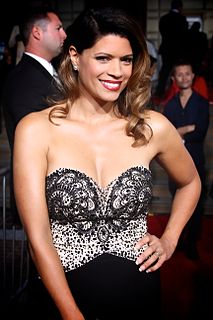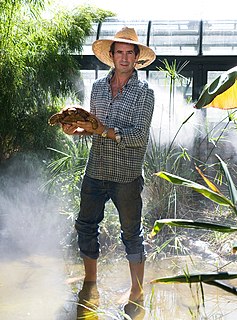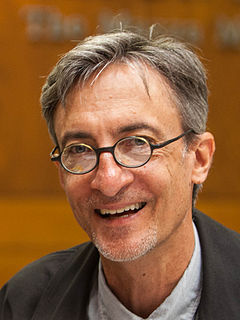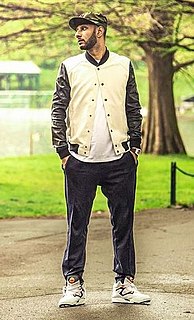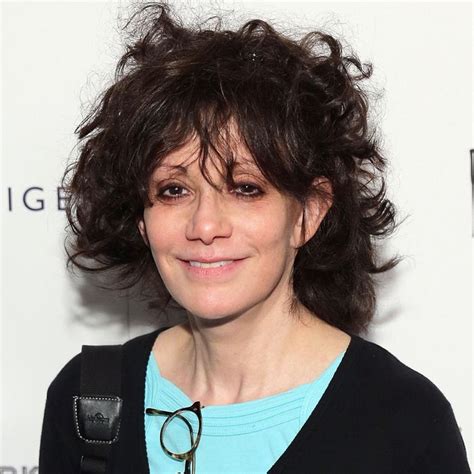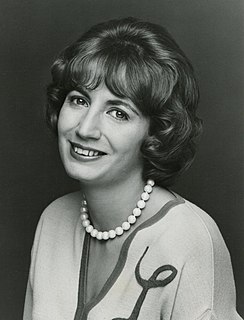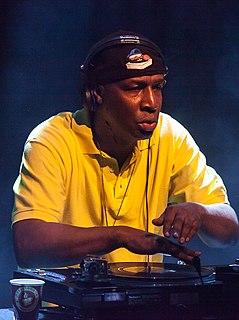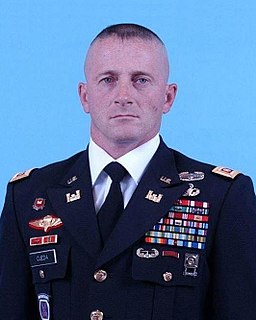Top 204 Bronx Quotes & Sayings - Page 3
Explore popular Bronx quotes.
Last updated on April 16, 2025.
Scheduled shipping is one of many inventions that has made New York a global capital of innovation and creativity - from Willis Carrier's invention of air conditioning in Buffalo and George Eastman's breakthrough film technology in Rochester to the rise of hip-hop in the South Bronx and the world's first cell phone call in Midtown Manhattan.
I'm not a child star, but you could say that I've grown up on TV. I went from being an unknown, down-and-out comic from Brooklyn and the Bronx to being a regular character on a major network comedy called 'Martin.' From there I went on to become the most notable black comic on 'Saturday Night Live' since Eddie Murphy.
I’m tenacious, I think – I know – and I do also have a quality where if you tell me I can’t do something, if I know I can’t do it I’m the first to raise my hand and say, “I can’t do that.” But there is a big Bronx, New York Jew in me that just says, “Really? Really? You think I – yes, I can. I can do it. I can do it.
Prior to Katrina, the South Bronx and New Orleans' Ninth Ward had a lot in common. Both were largely populated by poor people of color, both hotbeds of cultural innovation: think hip-hop and jazz. Both are waterfront communities that host both industries and residents in close proximity of one another.
I'll be in 'The Get Down' from the creator Baz Luhrmann, and it takes place in the '70s with South Bronx kids growing up at the rise of hip-hop and really when the city was at its financial worst. It's about teens struggling with violence, drugs and gangs and trying to find solace in music and all that good stuff.
You know, I never knew if I had any talent when I started in this business. My first job was being a page at The Tonight Show. I saw Jack Paar come out one night and sit on the edge of his desk and talk about what hed done the night before. I thought, I can do that! I used to do that on a street corner in the Bronx with all my buddies.
Unlike accredited zoos like the Bronx Zoo, San Diego Zoo, the Los Angeles Zoo, these are private menageries, and these people are frightened and there is an existential fear that they are going to be shut down by the government, by PETA, by HSUS, by animal rights groups. So they, generally, are very guarded.
DonorsChoose was conceived at a Bronx public high school where I taught social studies for five years. In the teachers' lunch room, my colleagues and I often lamented a problem that drained learning from students and creativity from teachers: a lack of funding for essential materials and for the activities that bring subject matter to life.
Somewhere in this process, I begin reading and showing my book to my audience. When I say my audience, I mean a single imaginary child who is a blend of myself as a young person, the students in my wife's classroom of first- through third-graders, and the students from two classrooms I visit regularly in the Bronx, New York.
You know, I never knew if I had any talent when I started in this business. My first job was being a page at The Tonight Show. I saw Jack Paar come out one night and sit on the edge of his desk and talk about what he'd done the night before. I thought, 'I can do that!' I used to do that on a street corner in the Bronx with all my buddies.
The building in the Bronx where I grew up was filled with mostly Holocaust survivors. My two best friends' parents both survived the camps. Everyone in my grandparents' building had tattoos. I'd go shopping with my grandparents, and the butcher, the baker, everybody in the whole neighborhood had tattoos.
I used to live in the Bronx, then I lived uptown on 106th St. and Broadway, and finally I moved to Harlem right before it became gentrified. I lived on 120th St. between Fifth and Lenox Aves. in a little brownstone. I knew the neighborhood was changing when they started putting trees in the middle of the block.
I can't help but be a different person now that I've had kids. That really does change your whole perspective on life for the better. I definitely feel like I've grown up. So, I guess in a way parts of me are going to be different, but in general I'm still the same girl from the Bronx who had big dreams.
I'm tenacious, I think - I know - and I do also have a quality where if you tell me I can't do something, if I know I can't do it I'm the first to raise my hand and say, 'I can't do that.' But there is a big Bronx, New York Jew in me that just says, 'Really? Really? You think I - yes, I can. I can do it. I can do it.'

